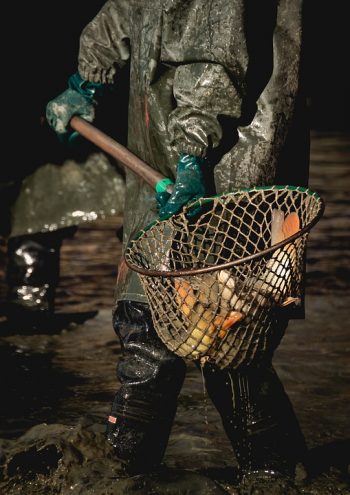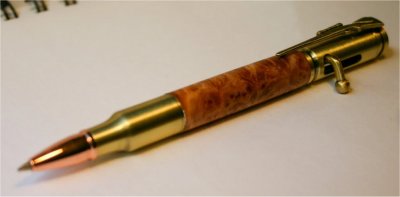 Scoliosis or Broken Back Syndrome, Curved or Twisted Back in Pond of Koi Fish
Scoliosis or Broken Back Syndrome, Curved or Twisted Back in Pond of Koi Fish
Scoliosis is caused by a variety of causes, none of which is infectious.
The most common cause in fish under 5 inches is nutritional and genetic. The reason in fish OVER 6-8″ is being carried in a net. (The ones with the broken backs a week later were crushed on the bottom of the writhing and flopping group in the net.)
1) The most common cause of scoliosis is trauma: The muscles of Koi and other teleost fish are assorted in bands called ‘somites’. When a somite is damaged, by Intra Muscular injection technique, for example, or a sharp blow, the somite may die, which then shrinks, and kinks the fish, especially when swimming. It may straighten at rest.But there are 2 other causes.
2) Tryptophan deficiency: An amino acid protein building block that may be absent in foods due to improper formulation, hyper extended storage, excess heat in processing, or because no variation was permitted in the diet. To avoid this, always use two different high qualtiy staple diets, and supplement periodically with earthworms or other bait worms. Mealworms and crickets may also be accepted, especially if partially crushed.
3) Vitamin C deficiency.

It is EXTREMELY common to see a group of young fish with several “broken back” fish in the group. People worry since it’s several fish that there’s a dietary deficiency. Better chances that some jerk netted up fifty fish at a time and carried them to packing IN the net, all piled up. Koi skeletons are NOT weight bearing structures and are rather fragile to damage, especially when your at the BOTTOM of the pile in a nicely loaded netful of your friends.
4) Organophosphates, like Fenthion, Trichlorfon, or Malathion to name but a few, can cause kinking of the body due to hyper contraction of the muscles. (A side effect of these drugs on the fish is to prevent relaxtion of muscles) and this may kink, or break the fishes back.




